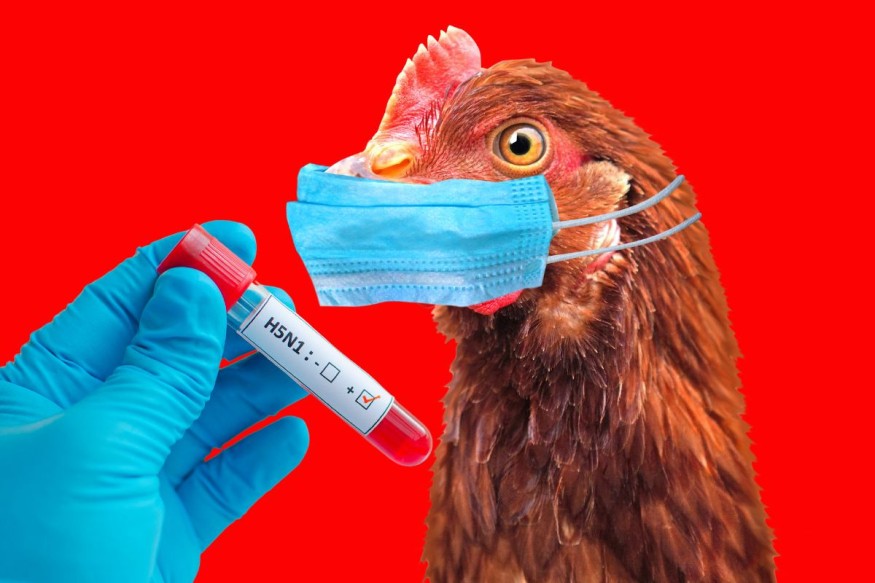
A recent tragedy struck a family in Narasaraopet, located within Andhra Pradesh’s Palnadu district, when a two-year-old girl succumbed to complications related to the H5N1 virus, also known as avian influenza. The young victim reportedly fell ill after consuming raw chicken, highlighting significant public health and food safety concerns across the region.
The girl’s sudden illness and subsequent death have triggered an immediate response from local health authorities, aiming to prevent further cases. Preliminary investigations suggest that the infected poultry consumed by the girl was the source of the H5N1 virus, a strain notorious for its ability to cause severe respiratory diseases in humans and a high mortality rate. The case has prompted urgent calls for heightened awareness and stricter enforcement of food safety regulations, particularly concerning the handling and consumption of poultry products.
In response to this incident, health officials in Andhra Pradesh are ramping up surveillance and control measures to contain any potential spread of the virus. These include thorough inspections of poultry farms in the Palnadu district and the surrounding areas, and a public education campaign emphasizing the importance of properly cooking chicken. “This is a stark reminder of the dangers posed by consuming undercooked poultry products,” remarked a local health department spokesperson. “We urge all residents to adhere strictly to food safety guidelines to prevent such unfortunate incidents in the future.”
Avian influenza outbreaks have occurred in various parts of India over the years, leading to massive culls of poultry to contain the virus. This case in Narasaraopet is a grim reminder of the virus’s potential impact on human health and the critical importance of maintaining strict food safety practices to avert similar tragedies.









